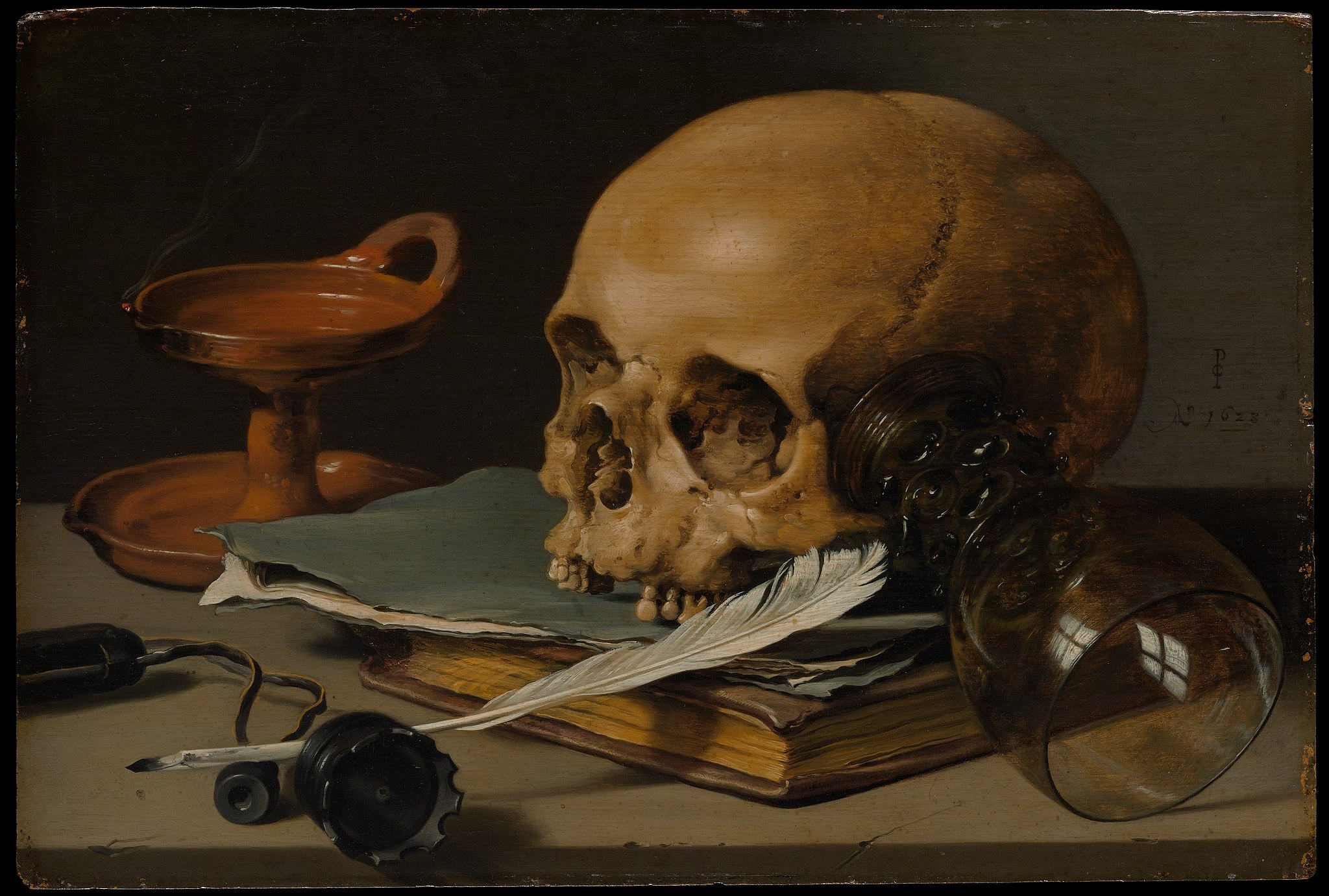These posts are born out of a discussion, which can be found here, between Jacob Hootman and myself regarding the ACNA Book of Common Prayer 2019. In part, I had been commenting upon a podcast from Beeson Divinity School wherein Fr. Ben Jeffries states, “The very beating heart, the north star for the whole revision process, was the 1662 prayer book. If we couldn’t justify it in conversation with the 1662 prayer book, it was pretty close to being off the table out of the gate…the conviction and the hope is that upon study and use the 2019 prayer book will be seen to be in the same spirit as the 1662.” This discussion, then, revolves around whether or not the 2019 BCP exists in the same “spirit” as the 1662 Book of Common Prayer, but it is not about the merits of the 2019 as a standalone prayer book.
Jacob and I had been discussing several points of contention within the 2019 BCP, and I will continue the discussion here by referring to those points individually.
Prayers for the Dead
As Jacob himself notes, prayers for the dead aren’t directly present in the 1662 BCP, and while perhaps we could use Puseyvision™ to get there, the point is rather moot.
He argues, though, that prayers for the dead are in and around the prayer book tradition of the 1662, something I would like to address further, particularly in regard to what is present within the new 2019 book.
It is true that the 1549 contains a few short prayers for the dead, but Cranmer quickly did away with them three years later when he presents in the 1552 what is effectively the Book of Common Prayer to this day. After a hasty search, I could not find any prayers for the dead in the 1637, particularly not in the Burial of the Dead, but this is irrelevant anyway, considering that book’s violent rejection by the laity due to “Popishness.” The non-juring and Scots rites utterly fail to pass any rubric for a Book of Common Prayer.
What then of individual clergy, of the great Divines of that age who perhaps can offer us a lens through which to interpret the theology surrounding prayers for the dead (or the lack thereof)?
John Jewell, writing a century prior to the 1662, but still the most authoritative voice due to Article XXXV, states, somewhat directly, in Homily 2.7:
“But as the Scripture teacheth us, let us think that the soul of man passing out of the body, goeth straight ways either to heaven, or else to hell, whereof the one needeth no prayer, and the other is without redemption.”
It is true that you have a large number of the Divines discussing the use of prayers for the dead among the Church Fathers, with everyone from James Ussher to Jeremy Taylor spending a good deal of time writing against Roman arguments that the Fathers justify purgatory. Yet, while each Divine absolves the early church of any wrongdoing, and are even sympathetic, they still come to the conclusion that these prayers inevitably result in confusion and abuse, and therefore recommend their absence from Common Prayer, also citing a lack of any clear instruction from Scripture.
Therein lies the “spirit” of the 1662 BCP: an understanding of the Patristic position, which is where the commemorative prayers regarding the Church Catholic derive from, but a deep reticence regarding anything beyond that, for while the Anglican Divines held the Fathers in great regard, in the end, Scripture was their bedrock, particularly when it came to issues tied to Rome. Alongside that, you still see the effects of the Reformation in regard to total Justification by Faith, and because of this careful work is done to prevent any possible seeds of doubt in the minds of the laity.
Going even deeper, despite scanning over a dozen popular books of personal prayer and devotion from the early seventeenth to mid eighteenth centuries, I could not find a single prayer for a deceased person. I even read the entirety of William Laud’s private book of prayer that he himself wrote, with no results. The closest things to prayers were from epitaphs, most of which just say, “may their soul rest in peace.”
What of the 2019 BCP then? I myself count 18 direct intercessions regarding the individual soul of the recently departed, not even counting prayers for the entire Church both living and dead, between the Ministry to the Dying, Prayers for a Vigil, Burial of the Dead, and the additional prayers. The 2019 also continues the 1979 BCP’s practice of a quite long burial service paired with Holy Communion, another feature that departs from the 1662 tradition of a brief service involving almost entirely scripture (and yes, I am aware of the 1549’s attachment of a communion service).
In my mind, the historical evidence that this high level of intercession on the behalf of the dead would not have found any place among devout Anglicans between 1559 and 1833 is overwhelming. Yes, there are a few exceptions, but viewing these examples as participating in the mainstream of the prayer book tradition is erroneous at best. There is no need for the writers of the 2019 BCP to try and justify it via the 1662, which Fr. Jeffries does quite poorly, as study quickly picks it apart. In this case, they should just do what the writers of the 1979 have done all along: said that they reintroduced Patristic practices regarding the dead back into the prayer book of their own volition.

